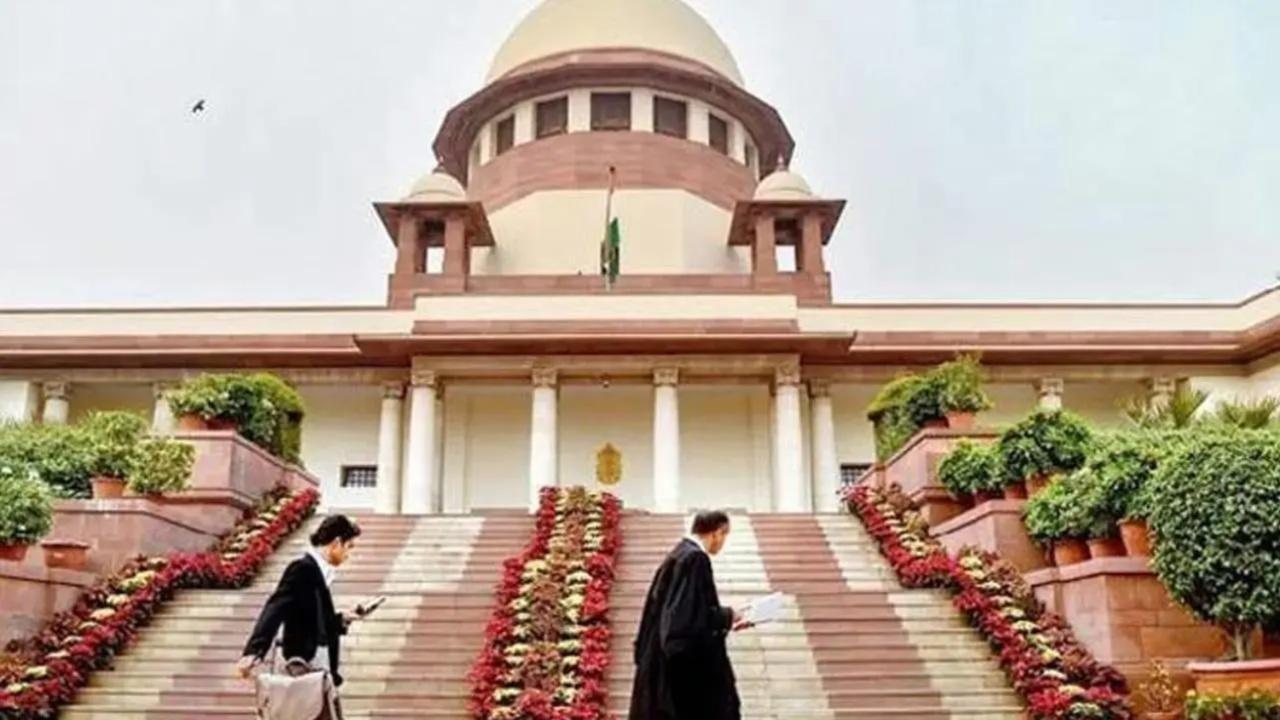The Supreme Court of India has refused to grant constitutional validity for same-sex marriages. However, it has granted them the right to union

Transgender persons in heterosexual relationships can get married as per the existing laws. Photo Courtesy: iStock
The Constitution bench of the Supreme Court, consisting of Chief Justice of India DY Chandrachud and Justices Sanjay Kishan Kaul, S Ravindra Bhat, Hima Kohli, and PS Narasimha have made key announcements in regard to the legal right of marriage for queer couples.
ADVERTISEMENT
Here are the key highlights to know
1. CJI Chandrachud said "queerness is a natural phenomenon and not an urban or elite concept". He further stressed that the gender of an individual is not the same as their sexuality.
2. The Supreme Court of India has refused to grant constitutional validity for same-sex marriages. However, it has granted them the "right to union". This means that queer couples can live together and share a physical, intimate and sexual union.
3. Transgender persons in heterosexual relationships can get married as per the existing laws.
4. The CJI further clarified his judgment stating that he has not granted any social or legal status or legal recognition to same-sex marriages but has ensured key legitimate benefits to queer couples.
5. Chandrachud also stated that the Special Marriage Act cannot be held unconstitutional for the sole reason that it doesn't recognise same-sex marriages. The court also cannot compel the Parliament or state assemblies to create a new institution of marriage.
6. In the verdict, he stated queer couples or any member of the LGBTQIA+ community should not be subjected to any form of discrimination.
7. The top court has also struck down Central Adoption Resource Authority (CARA) regulation restricting queer and unmarried couples from adoption.
8. He has also directed the government of the state and union territories to ensure that the police officials don’t harass queer couples, and force them to return to their parents. The CJI also clearly stated that the police cannot interrogate queer individuals on their sexual orientation and gender.
9. The bench has allowed the Centre to go ahead with the proposed cabinet secretary-headed panel to address the concerns of same-sex couples, including ration cards, pension, gratuity and succession.
10. Lastly, the CJI added that all persons, including queer individuals, have the right to judge the moral quality of their own lives and have the liberty to live a life in a manner to they wish to.
 Subscribe today by clicking the link and stay updated with the latest news!" Click here!
Subscribe today by clicking the link and stay updated with the latest news!" Click here!








